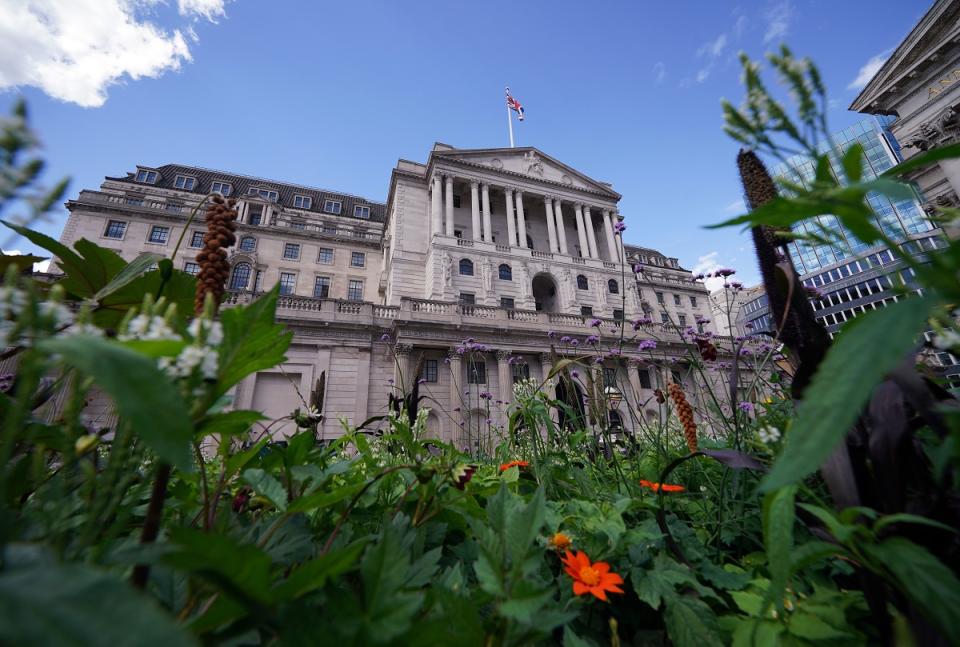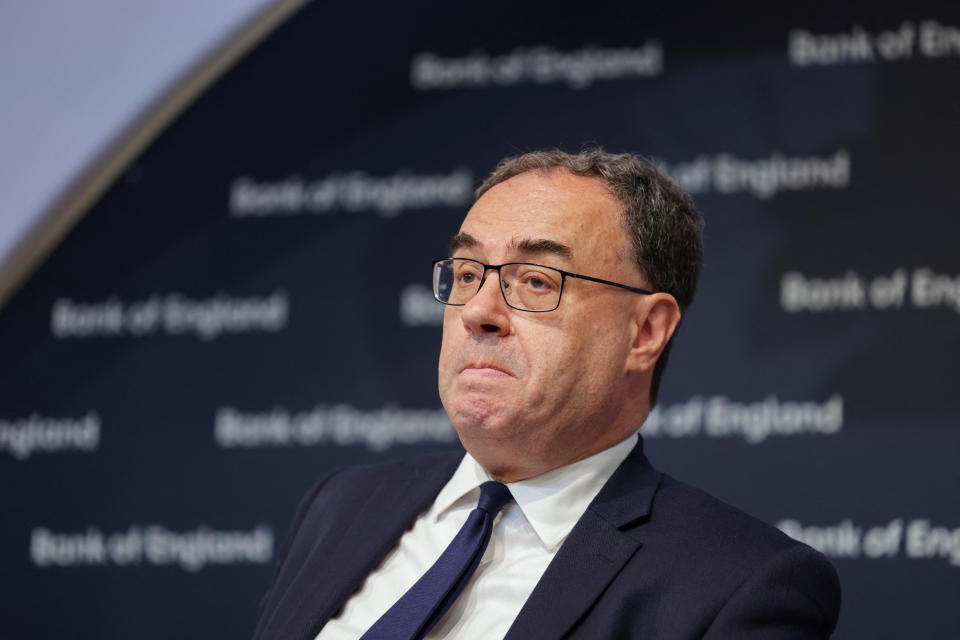When is the next Bank of England interest rate decision? Review date, forecast, how base rate alters mortgages


The UK cost of living crisis looks set to enter a new phase, official figures released this month have shown.
On 15 August, Office for National Statistics (ONS), wage growth data showed salaries had grown by the largest amount in numerical terms since records began. The following day, the Consumer Prices Index (CPI) dropped to 6.8% thanks to a fall in energy bills.
While both sets of statistics suggest some of the financial pressures that have dominated everyday life over the last two years may be easing, there were some troubling undertones within the data. Core inflation remained stubbornly high, while services inflation actually grew.

It all leaves the Bank of England’s Monetary Policy Committee (MPC) with a tricky decision to make about interest rates when it next meets. Does it hike rates again and risk a UK recession? Or should it keep things where they are and risk a resurgence in inflation?
There are several weeks between now and the next decision, during which the central bank will read the runes of the UK economy to come up with a decision. But when will we find out what that decision will be?
What are interest rates?
Interest rates, as we know them in our daily lives, are extra bits of money we pay on top of a loan or receive back on our savings. They are there to maintain the value of the money being loaned or saved. In the case of loans, interest may also cover any risk the borrower presents to the lender.
But the Bank of England’s interest rate – also known as the base rate – is a little different. The UK central bank uses the mechanism to preserve the value of the pound – something inflation erodes. Given it is the source of all the pounds in the economy, when it ups its rate, it essentially makes it more expensive to get hold of money.

The effects of its decision then trickle down from banks to businesses and consumers over a period of several months. You will see it reflected in higher interest rates for loans, debts or savings accounts – although there has been some controversy over the speed at which high street banks have been passing better savings rates on to customers.
Mortgages are influenced by the Bank of England’s base rate – particularly variable rate home loans, like trackers, which can go up, down or stay the same depending on each central bank decision. However, fixed rate mortgages – which most households are on – are also influenced by several other factors, including swap rates.
At present, the UK’s interest rate is set at 5.25%. The last time it was this high was in April 2008, when the country was in the middle of a severe recession prompted by the banking crisis.
Another recession could be on the way later this year as a result of interest rates, with the latest S&P Global/CIPS flash UK purchasing managers’ index (PMI) – an indicator of private sector growth – showing higher borrowing costs have pushed the sector into a contraction. If this scenario happened, it would mean Rishi Sunak would have failed to deliver his pledge to grow the economy in 2023.
When is next Bank of England rates decision?
The MPC meets eight times a year to set interest rates. Their meetings tend to take place on a Wednesday with the decision then announced to the nation at midday on the following day.
We will next hear from them on Thursday 21 September. There will then be another two meetings before the end of the year – on 2 November and 14 December.
Will interest rates go up again?
With inflation on a downward trajectory and signs that interest rates are hitting businesses and having an impact on consumers, there has been some hope that the Bank of England is – at the very least – close to reaching its peak interest rate.
But economists still believe September’s meeting will see another hike announced. According to ING Economics, the wage growth data seen earlier in August “should all but cement a September rate hike” because “despite the apparent weakening in hiring and ongoing improvement in worker supply, the Bank of England will remain focused on wages”.
The latest set of inflation figures also point to another hike. Think tank the Resolution Foundation says core and services inflation will have “concerned” the economists who sit on the MPC as both indicate inflation is embedded in the UK economy.
“Inflation has fallen rapidly over the past six months, but the UK still has the highest rate in the G7 and the Bank faces a daunting task in further taming price pressures,” said Resolution Foundation research director, James Smith. “Accelerating pay growth will make even the Prime Minister’s promise to halve inflation hard to meet, let alone the Bank’s mandate of reducing it to 2%.”
One potential reason why the UK central bank may opt to not hike its rate once again is the latest PMI, which showed business activity is contracting rather than growing – a sign higher interest rates may be working in the fight against inflation. Although the economic consensus appears the Bank will press on regardless, it could be one of the final rate hikes we see for the time being, according to EY Item Club.
Its chief economic advisor, Martin Beck, said: “This combination of a slowdown in both activity and inflation should give the Bank of England food for thought in advance of its next interest rate decision in September and suggests an increase is no longer a certainty. On balance, the EY Item Club thinks the latest [PMI] survey findings may not be enough to deter the Bank of England from raising interest rates again, given recent developments in pay and services inflation. But they do reinforce the expectation that a rate rise next month, if it happens, will likely be the last in the current cycle.”





